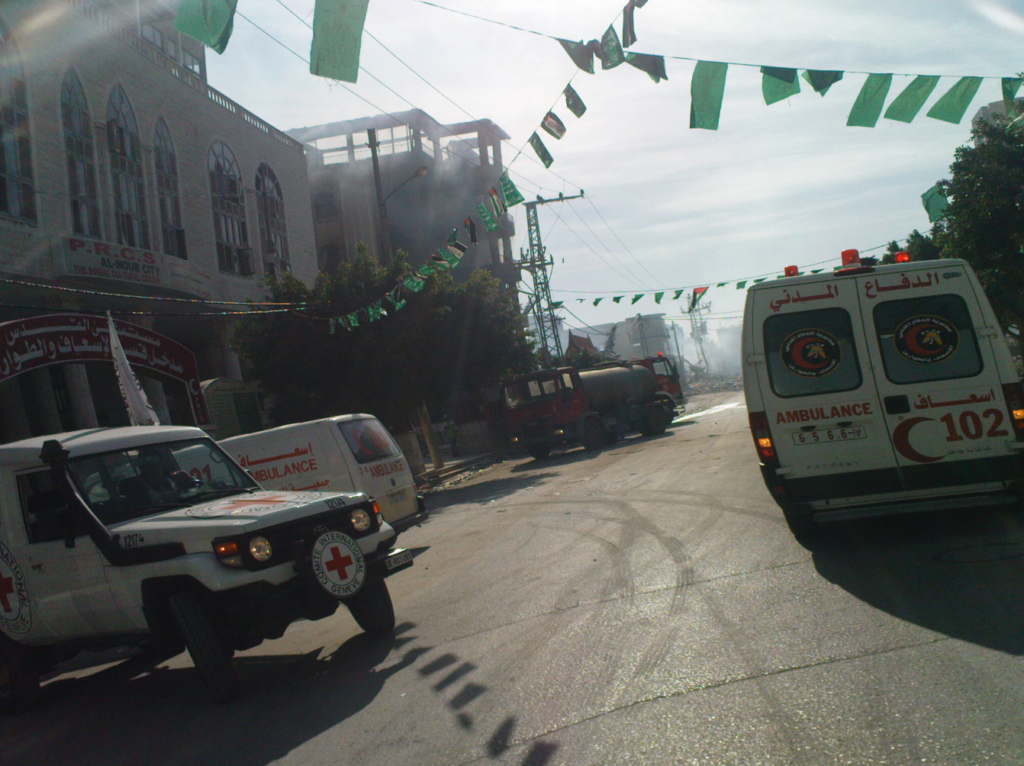Working in the Middle East involves many serious challenges: the complexity of the customs, the active conflicts, the complicated politics, and the diverse stakeholders. This makes the coordination for any humanitarian intervention extremely difficult, from implementation to evaluation.
Challenges
Gaza witnessed several conflicts between the years 2007 and 2015; however, the major three ones were in 2009, 2012 and 2014. Over the years, I worked for a famous International Non-Governmental Organization (INGO) as a health field officer. My role included monitoring, evaluating,analyzing, and reporting the related activities and projects to the INGO within the supported hospitals and health sector; liaison with relevant stakeholders in order to implement the planned projects; and organizing the protection of the medical mission campaigns, including disseminating the International Humanitarian Law (IHL) principles and documenting the violation of those principles during active conflicts.
As with the majority of the field officers, I faced significant challenges during my work. The complicated local community customs, the political and security conditions and the suspicion towards any foreign organization—especially during any data collection process—were the major challenges. Therefore, working in this context required a lot of patience, flexibility, diplomacy, knowledge, dedication, bravery, commitment, and diligence; as well as an abundance of caution.
Much of our time and effort was initially spent explaining the goals of the INGO, which were primarily aimed at alleviating the suffering of vulnerable populations and providing humanitarian assistance to those in need, especially during active armed conflict.
Eventually, the objectives and aims became well understood and appreciated. The local population came to accept that the monitoring activities helped the INGO to provide higher quality of services. The awareness-raising work greatly contributed to the success of the program.
Needs assessment, monitoring and evaluation, project development, providing relief all required high levels of interaction with the local community. I regularly visited relevant sites and projects to meet with different stakeholders and beneficiaries (BNFs) despite the dangerous context. There was analmost continuous exchange of fire and heavy bombing. The INGO field officers played a very important role in persuading the armed conflict’s parties—regardless their different orientations, backgrounds and affiliations—of the necessity of giving access to the INGO staff, vehicles, and local partners to reach the affected areas in order to assess the damage and to provide urgent assistance to the population there.
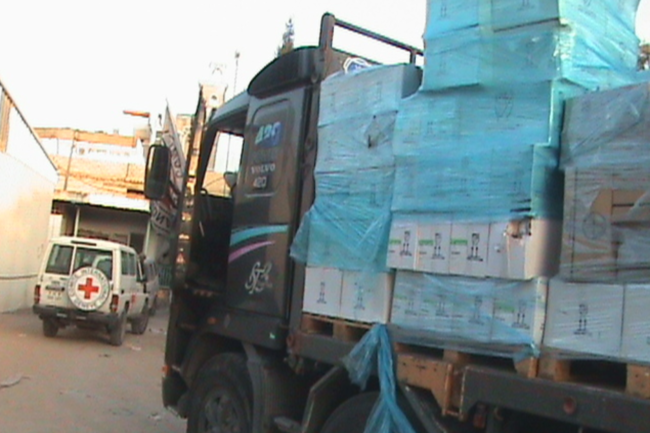
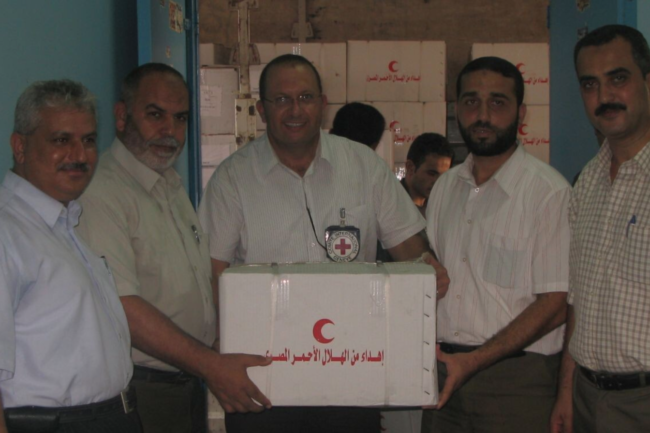
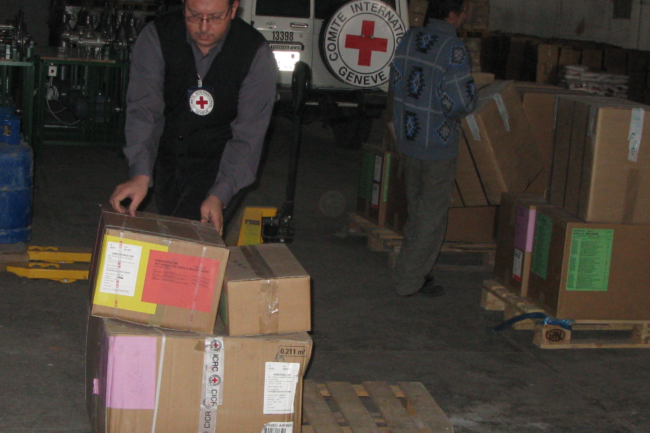
Safety measurements (The seven pillars of security):
The INGO’s security and staff safety policy for field operations relies on basic ‘pillars’ described below. Most of these pillars are adopted by all organizations to protect their staffs.
1. Acceptance
The concept of acceptance is of paramount importance to any INGO. To be able to operate, the organization has to make sure it is accepted by all parties to the conflict.
2. Identification
The second pillar is a logical consequence of the first: once its special role has been accepted, the INGO must be identifiable. Identification relies mainly on recognizable symbols.
3. Information
In any high-risk situation, information is a fundamental element of security. Reliable information makes it possible to anticipate events and to react in an appropriate manner as situations develop, or when dangers arise during field work.
4. The security regulations
Each INGO has its own security rules, which are specific to each country. On their arrival in the field, all staff are briefed about security and sign a statement accepting the rules.
5. Personality
The safety of the INGO’s field activities depends to a large extent on the personal qualities of the staff. Solidarity and responsibility are especially important.
6. Telecommunications
Telecommunications play an important part in security by facilitating the transmission of information and notifications, monitoring of movements in the field, giving warnings if the situation deteriorates, or dealing with any crisis that may arise suddenly.
7. Passive and active protective measures
Protective measures are taken only in situations where there is no other way of ensuring security, when the INGO is not protected by its special status. For this purpose, the INGO be based in a secure location and may use physical barriers, alarm systems, guards, etc.
Stories from the field
Rejected by communities
At the beginning of my career, I was working with a field team to collect data related to the project. The local community were suspicious of our activities, and it almost led to a physical assault on the team. This was very painful and harmful; however, after much patience and explanation of the nature of the INGO’s work and its objectives, the negative effects of that transaction were treated.
Misunderstood symbols
Usually, the emblem of the INGO must be attached to the field officer’s clothes. Sometimes, stakeholders misunderstand the meaning of the emblemwhich depicts the first safety pillar (acceptance). Field officers must use patience to explain properly the meaning of the emblem.
Security risks
On one day of the armed conflict in January 2009, all parties coordinated to escort a vehicle in order to procure fuel for the generators of a hospital. The INGO field team took all possible security measures to ensure their safety. As soon as they finished filling the fuel tanks left the petrol station, the team heard a huge explosion. The station where team had been located minutes earlier had been heavily bombed. This was very frightening.
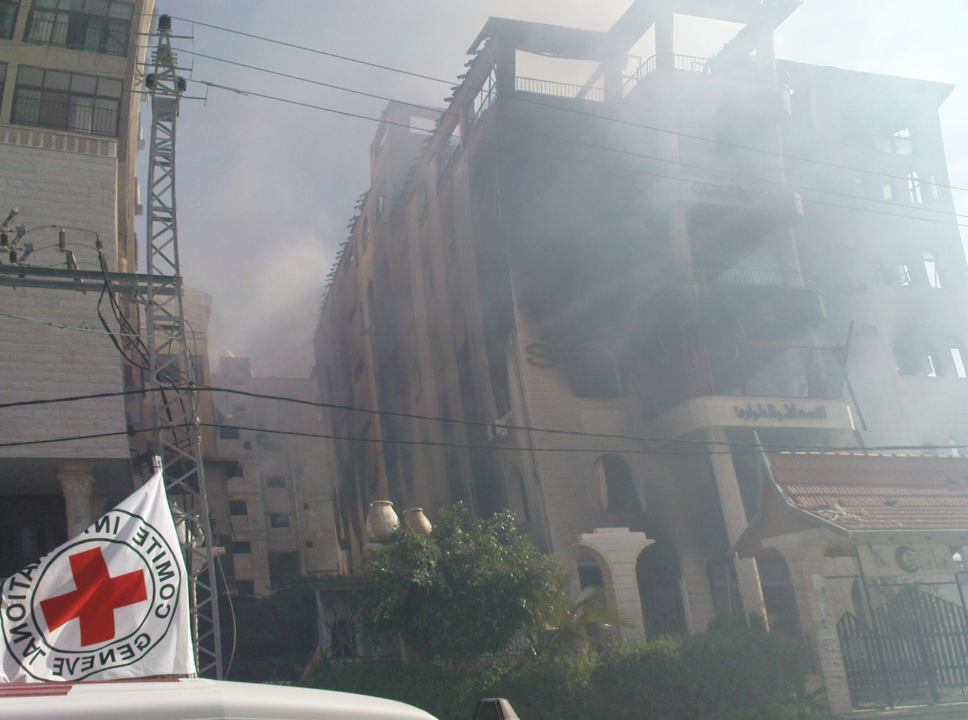
Perception of safety
Large numbers of people clung to and surrounded INGO vehicles while they were passing through the conflict affected areas to distribute humanitarian assistance. These dangerous acts, driven by desperation, put the lives of both the civilians and field teams at risk.
Lack of coordination
When a hospital was targeted and shelled in one of the major conflicts in Gaza, an urgent and quick coordination of various actors should have taken place. When this did not occur, the INGO management took a unilateral decision to go to evacuate the hospital and to escort the fire brigades. This was a very risky operation for the team.
Remote Monitoring with Trust Consultancy and Development
Working as a field officer for several years in a conflict affected area gave me better insight into the importance of Third-Party Monitoring (TPM).
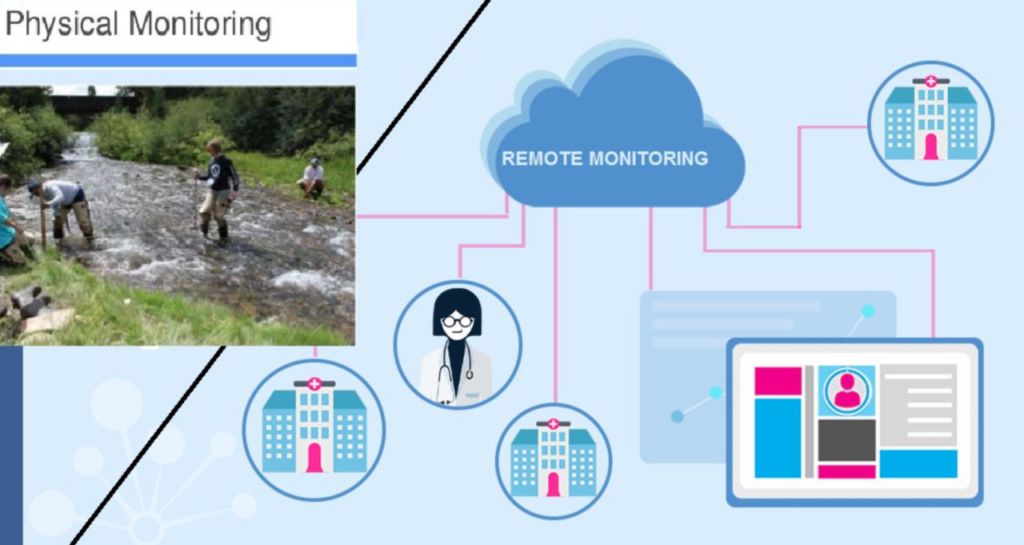
I began my relationship with Trust Consultancy in 2017 when Trust won a highly competitive contract with the INGO. In 2020, I had the opportunity to join Trust as a Junior Officer. Through this position, I have gained deeper knowledge of Monitoring and Evaluation practices. I enjoy the dedication, transparency, the cooperation and the strong sense of community within Trust despite the fact that the team is located all around the world. Everyone works to achieve the same goals.
Remote monitoring might be safer for me, but it is still risky for those who are in the field collecting the required data and reporting to us. I am trying to pay a greater effort to read between the lines from a distance.
About the Author:
Hamed Abushaweesh is a Junior Officer in Trust’s TPM and Monitoring and Evaluation department. He has been working with INGOs in the MENA region for more than ten years in monitoring, evaluation, medical training, dataand reporting management, and emergency response.
Learn more about Hamed on LinkedIn.

